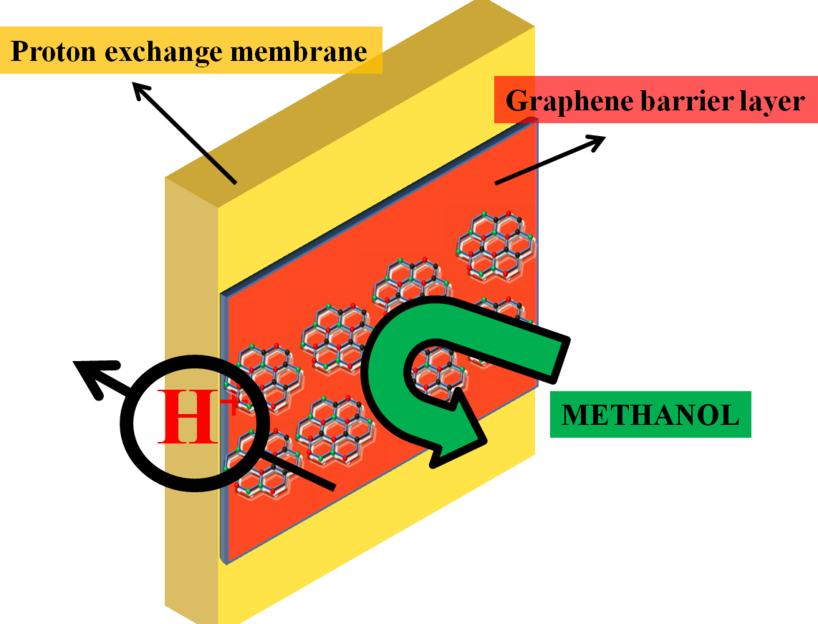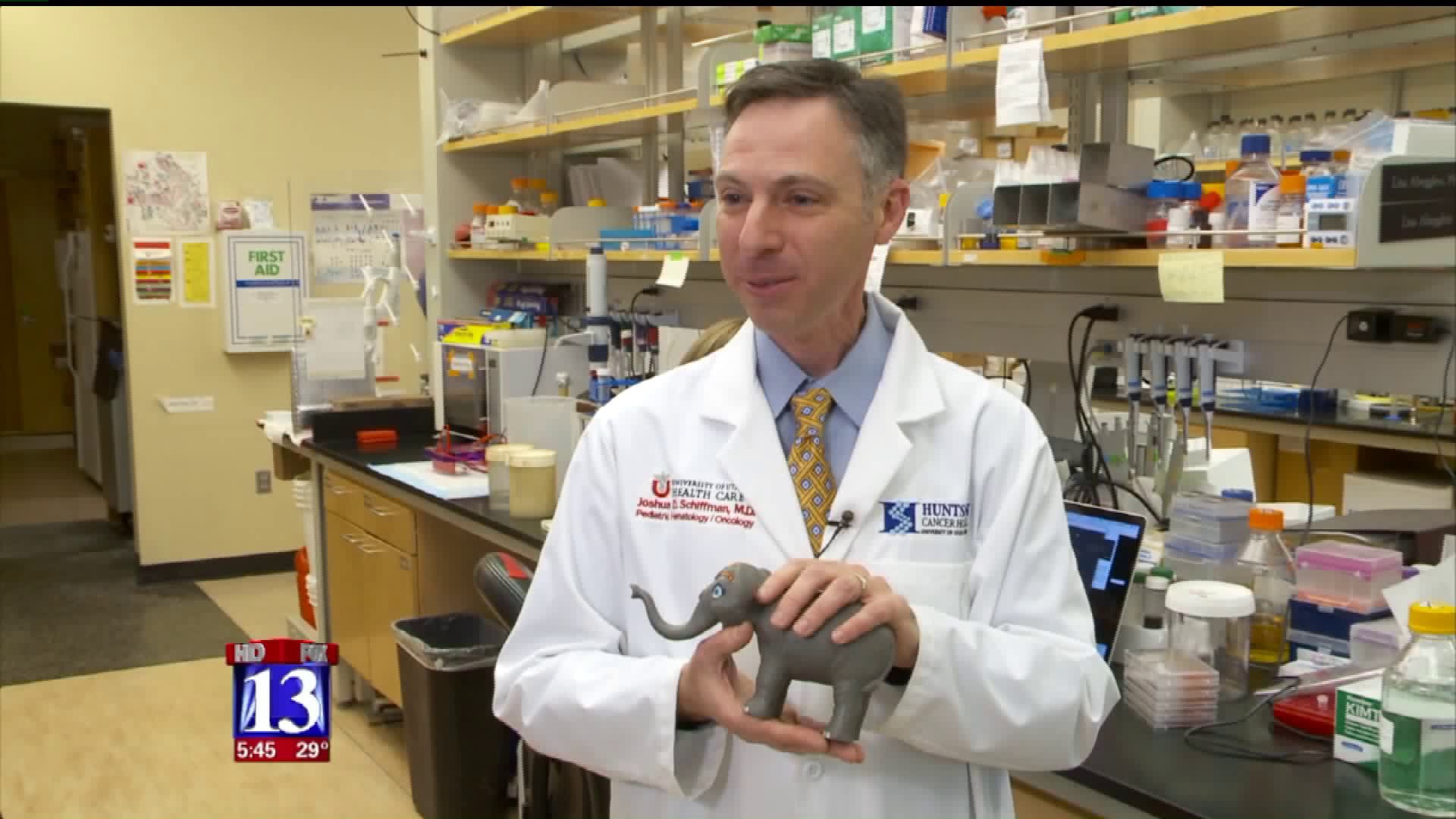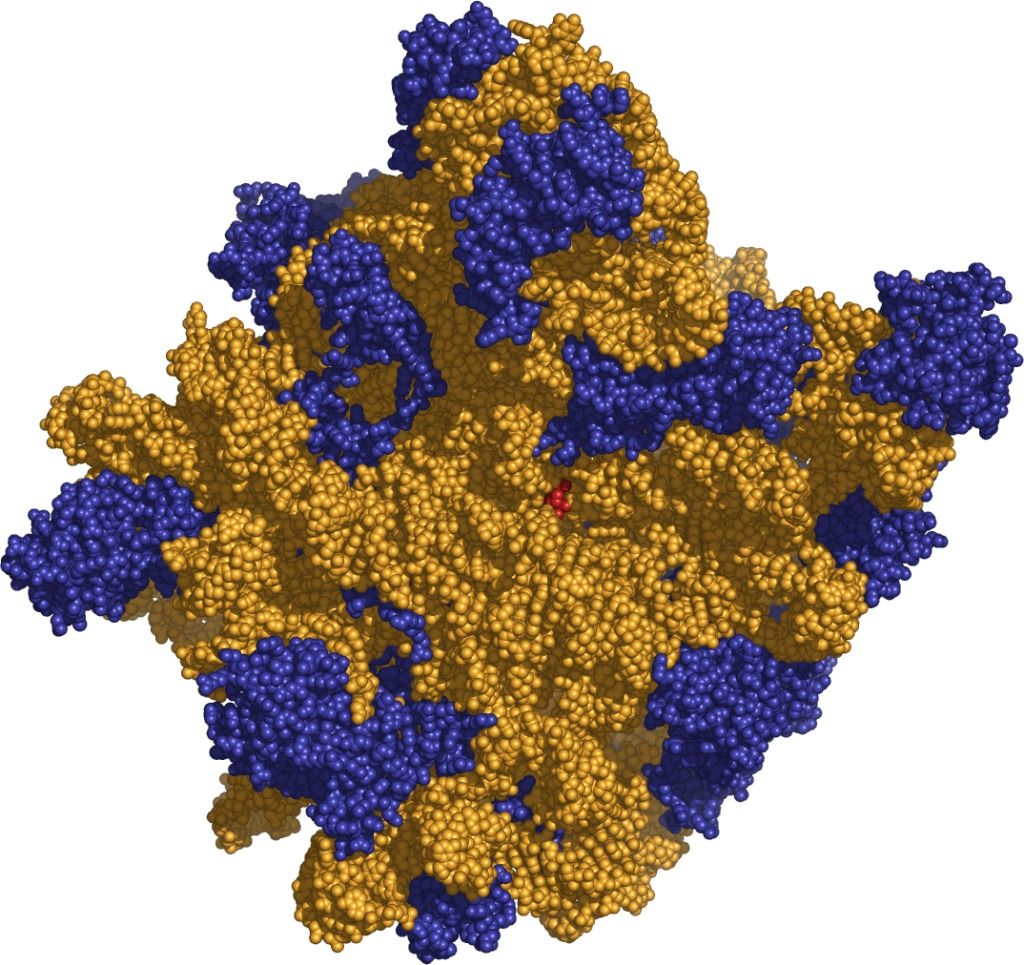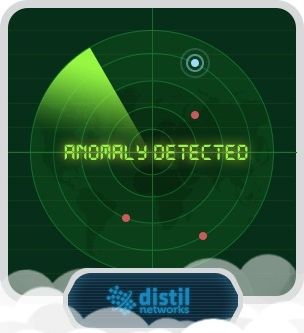Pretty soon, your smart watch may know you’re sick before you do, according to US scientists. The researchers made an app which tracked health data — such as heart rate and skin temperature — collected by 60 people’s smart watches for up to two years, and found that people’s stats changed when they were getting sick.
The authors say smart watches could also help detect the risk of type 2 diabetes and low oxygen on planes, and that they even helped detect Lyme disease in one of the scientists behind the study.
Smart watches and similar portable devices are commonly used for measuring steps and physiological parameters, but have not generally been used to detect illness.










